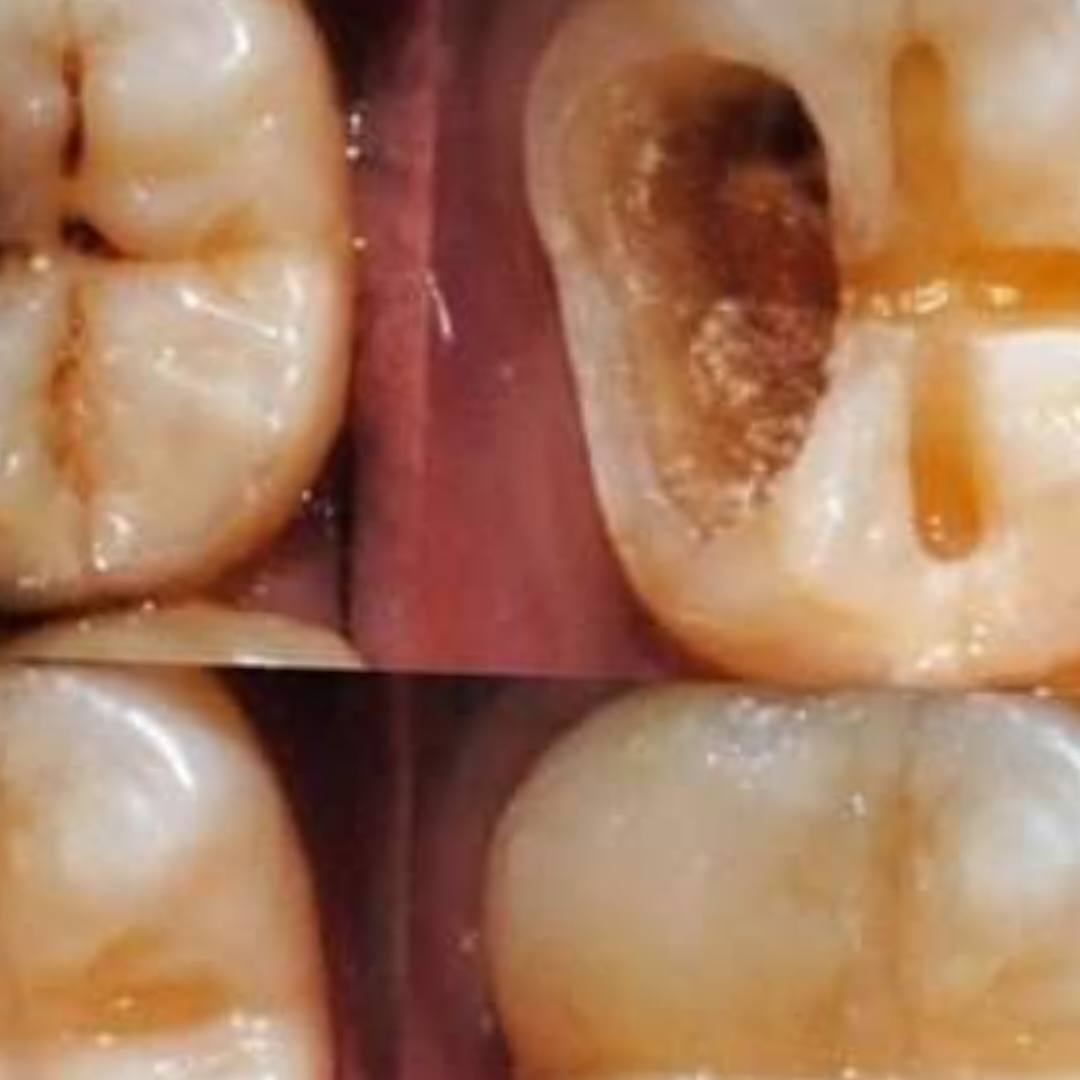Preserving optimal oral health and potentially sidestepping dental visits can be facilitated through natural means, particularly in the initial stages of tooth decay. However, it’s essential to recognize that once a cavity has formed, seeking professional dental care is typically necessary. While the recommendations below can assist in promoting oral well-being and mitigating early tooth decay, they should not replace professional dental treatment.Enhancing Oral Health Naturally:Many individuals experience the discomfort of cavities resulting from enamel damage. While dietary adjustments and improved oral hygiene can help reverse early tooth demineralization, cavities require professional attention.Approaches to Improve Dental Well-being:Address Mineral Deficiencies: Cavities may indicate a deficiency in certain minerals, highlighting the importance of enhancing mineral intake. Include nutrient-dense foods like shellfish, organic dairy, leafy greens, and healthy fats such as coconut oil in your diet.Limit Phytic Acid Intake: Foods rich in phytic acid, such as grains, legumes, nuts, and seeds, may hinder mineral absorption. Decreasing the consumption of these foods could benefit dental health.Reduce Processed Foods: Sugar and other components found in processed foods can adversely affect dental health.Reduce Processed Foods: Sugar and other components found in processed foods can adversely affect dental health.Cut Back on Sugar and Starch: High-sugar and starchy foods encourage the growth of harmful oral bacteria, leading to enamel erosion. Reduce exposure to these substances by consuming them during main meals rather than frequent snacking.Use Fluoride: Fluoride toothpaste, regular flossing, and mouthwash can help maintain enamel health, especially in the early stages of deterioration.Regular Dental Checkups: Consistent dental exams are essential for optimal oral health, enabling timely detection and treatment of dental problems.Understanding Cavities and Their Causes:Cavities, persistent dental issues, arise from enamel erosion, influenced by factors such as fluoride exposure, genetics, and oral hygiene practices. If left untreated, cavities can progress to more serious dental complications.The Role of Dental Professionals:Due to the potential for cavities to develop in hidden areas, accurate diagnosis and treatment require professional evaluation. Carbohydrate-rich foods exacerbate the problem by fueling plaque-causing bacteria, leading to acid production and enamel erosion.In Conclusion:Maintaining a balanced diet, practicing good oral hygiene, and scheduling regular dental checkups are crucial for effective oral health management. If experiencing tooth pain or suspecting a cavity, seeking dental attention is essential for accurate diagnosis and treatment. While natural approaches can support oral health maintenance, professional intervention is often necessary for effectively managing cavities.
Preventing and Managing Cavities Naturally
